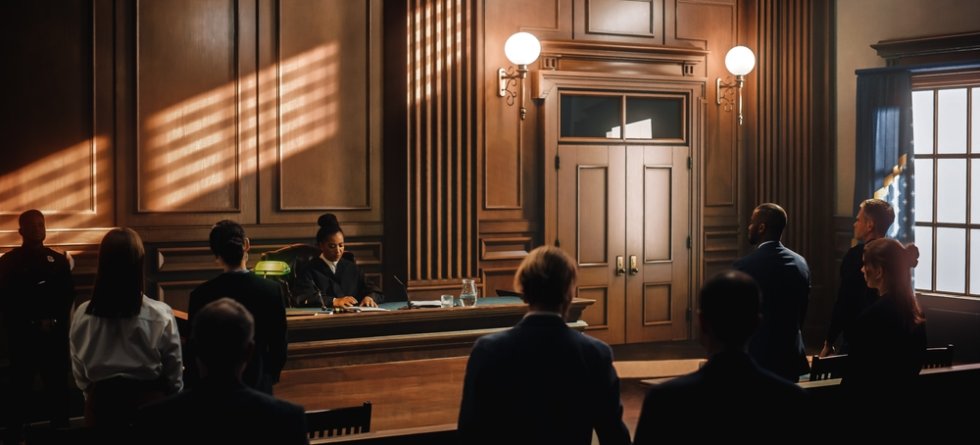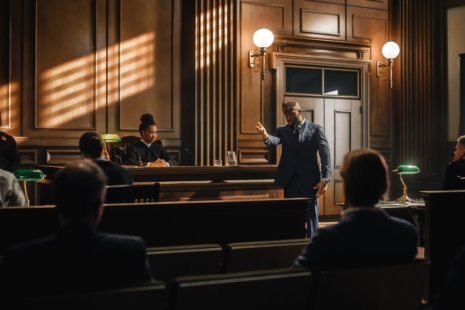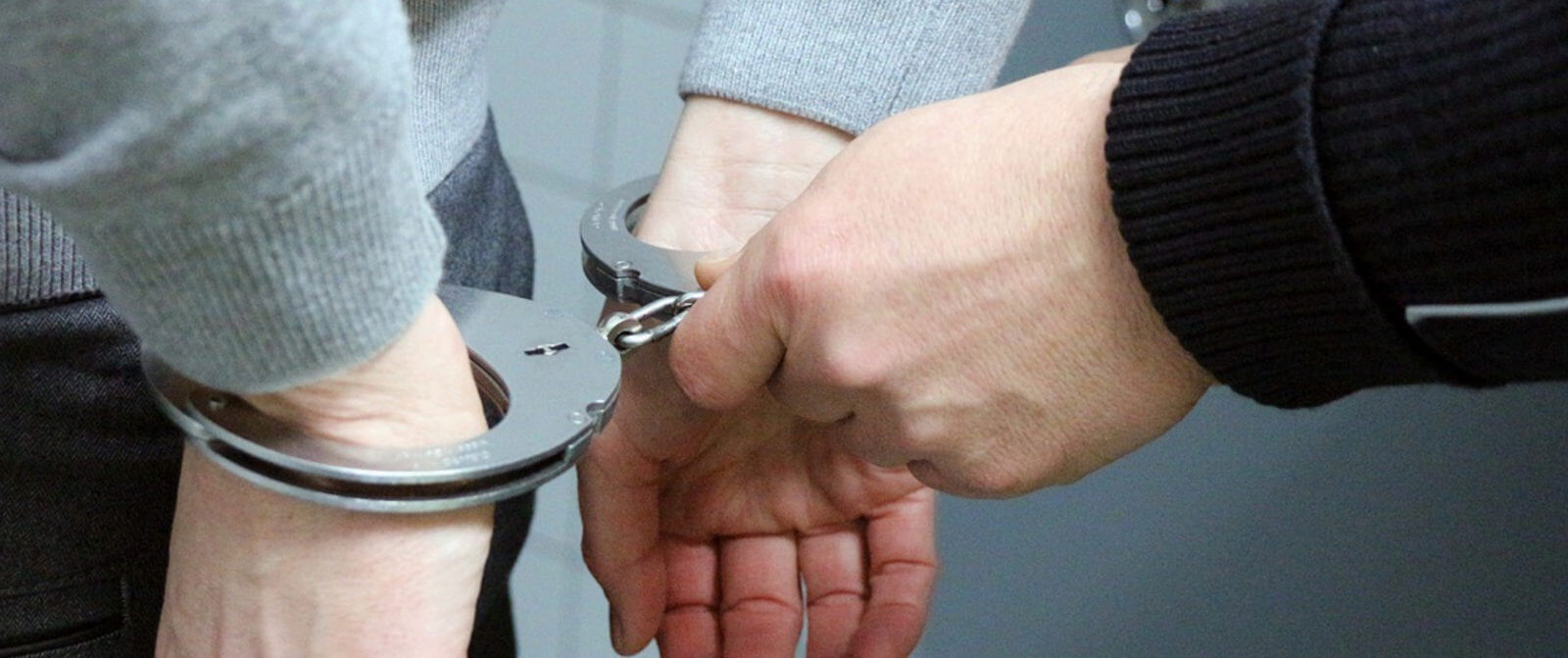Court hearings can be open to the public in many legal systems. The principle of open courts ensures transparency and accountability in the judicial process. Open hearings allow members of the public, including journalists and interested individuals, to attend and observe the proceedings.
However, there are certain circumstances where court hearings may be closed to the public. These circumstances vary depending on the jurisdiction and the nature of the case. Some examples of situations where hearings may be closed include:
- Protection of sensitive information: If the case involves classified or sensitive information, the court may close the hearing to prevent its public disclosure.
- Privacy concerns: In cases involving minors, sexual assault, or other sensitive matters, the court may restrict public access to protect the privacy of the parties involved.
- National security or public safety: If a court case relates to national security issues or poses a risk to public safety, the court may decide to limit public access to the hearing.
- Contempt of court: If there is a risk that public presence may disrupt the proceedings or interfere with the administration of justice, the court may choose to exclude the public.
The specific rules governing access to court hearings can vary between jurisdictions and legal systems. It’s advisable to consult the laws and regulations of the relevant jurisdiction to determine the general practices and exceptions regarding public access to court hearings.






